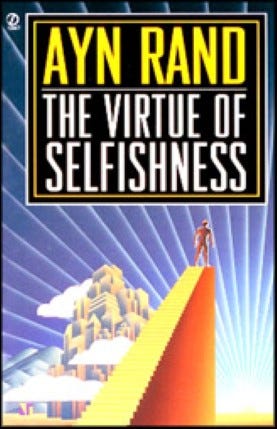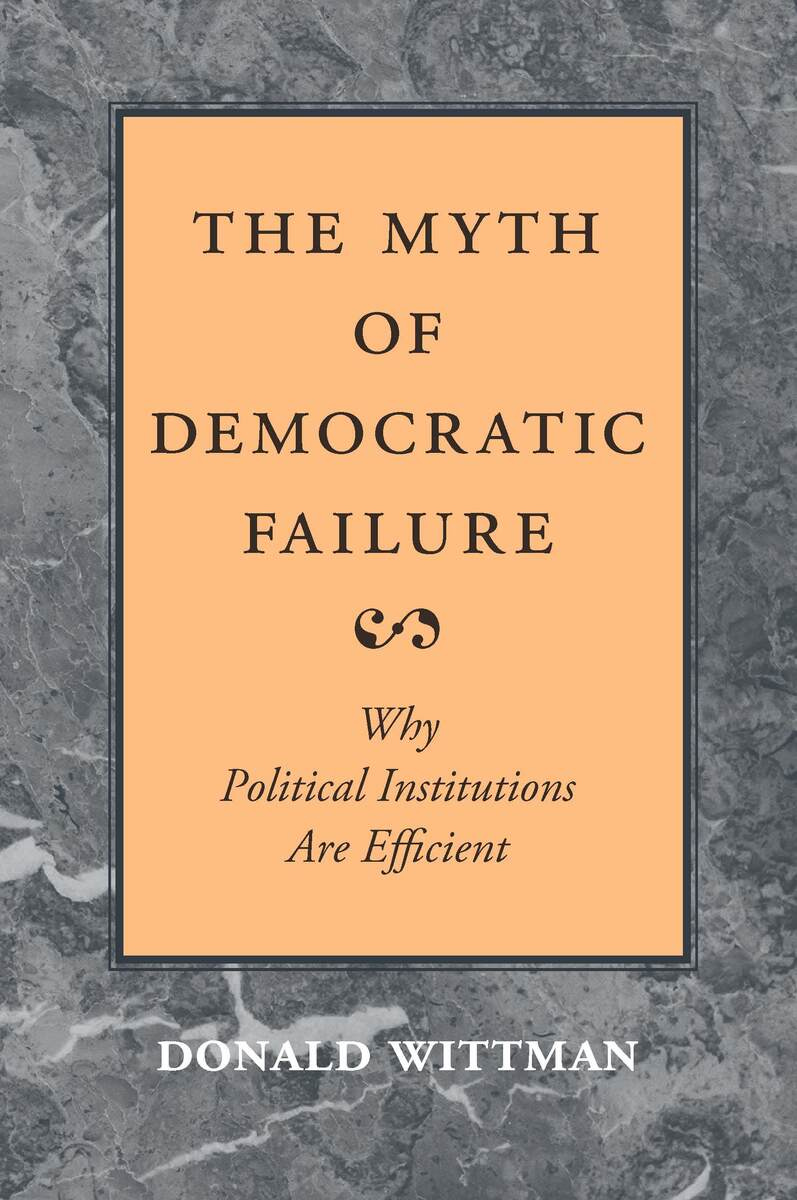The fifteen books that influenced my thinking the most, in chronological order:
1. Friedrich Nietzsche, Thus Spoke Zarathustra. While I ultimately didn’t learn much of substance, this book got me very excited about about ideas. Nietzsche’s vision of discovering the truth, whatever is may be, and proclaiming it, no matter how much it offends others, is still with me.
2. Ayn Rand, Atlas Shrugged. An old libertarian adage says that “it usually begins with Ayn Rand,” and in my case it’s true.
3. Ayn Rand, The Virtue of Selfishness. While I ultimately decided that her central arguments were actually incompatible with moral realism, this book nevertheless sparked my obsession with meta-ethics.
4. Murray Rothbard, Man, Economy, and State. It’s full of gross logical errors and sophistry, but still taught me at least half of what I know about econ – and 90% of what I know about how economists ought to write.
5. Ludwig von Mises, Human Action. In terms of pure economics, it’s just a poorly organized (but still beautifully written) version of Rothbard’s MES. But Mises’ implicit political economy made a huge impression on me – and I eventually realized that it’s a lot more empirically grounded than standard public choice.
6. Murray Rothbard, For a New Liberty. This is the book that made me an anarcho-capitalist. It’s got lots of problems, but still amazes me.
7. Paul Johnson, Modern Times. Some of my favorite academic historians don’t take this book seriously, but its broad brush paints a true picture of the 20th century.
8. Julian Simon, The Ultimate Resource. Simon’s amazing empirics burned away my lingering Randian pessimism about the modern world – and converted me to natalism.
9. Richard Posner, Economic Analysis of Law. Reading this book convinced me to start taking neoclassical efficiency analysis seriously. It also rekindled my love of econ right before I had to choose between law school and an econ Ph.D. So thank you, Judge Posner, for helping me make the right choice!
10. Richard Herrnstein and Charles Murray, The Bell Curve. From a young age, I thought that intelligence matters a lot. But several of my favorite K-12 teachers tricked me into abandoning my youthful insight. TBC gave me back my birthright – and persuaded me that econometrics was not a waste of time along the way.
11. Steve Landsburg, The Armchair Economist. This slim volume taught me that economic puzzles are everywhere. If Posner rekindled my love of econ, Landsburg’s delightful book poured an endless supply of gasoline on the fire.
12. Donald Wittman, The Myth of Democratic Failure. This is the book that awoke me from my dogmatic public choice slumbers – and (negatively) inspired all of my work on voter irrationality. It’s a gift.
13. Geoffrey Brennan and Loren Lomasky, Democracy and Decision. This neglected work finally explained why, contrary to orthodox public choice, basic economics implies radical differences between consumer and voter behavior.
14. Judith Harris, The Nurture Assumption. Harris sucked me into the exciting world of behavioral genetics – and got me thinking about the implications for the meaning of life.
15. Thomas Reid, Essays on the Intellectual Powers of Man. Mike Huemer sold me on the philosophy of common sense years before I actually read EIPM. But I was still shocked at how persuasively Hume’s obscure contemporary solved all the main problems of philosophy. Or to be more precise, Reid developed a philosophical technique for dissolving any philosophical problem whatever.
The post appeared first on Econlib.
Subscribe to Bet On It
Caplan and Candor
































Any additions if you were to update through 2023? Thanks!
Baffled by the appeal of Rand, and how credible thinking people think it has any relevance at all beyond rick prick p*rn.